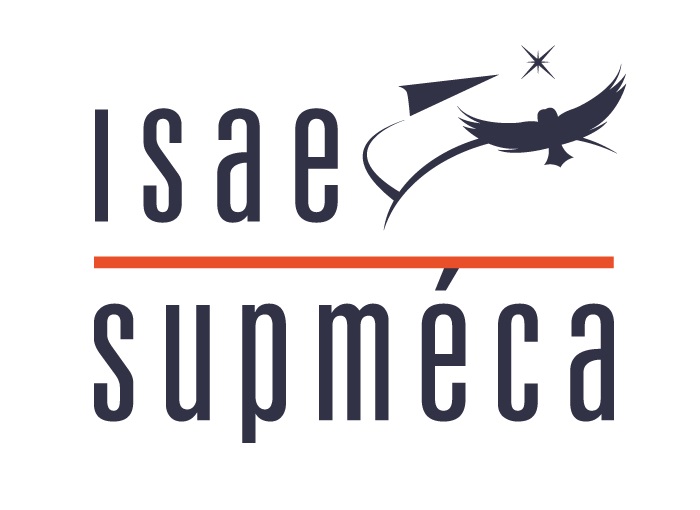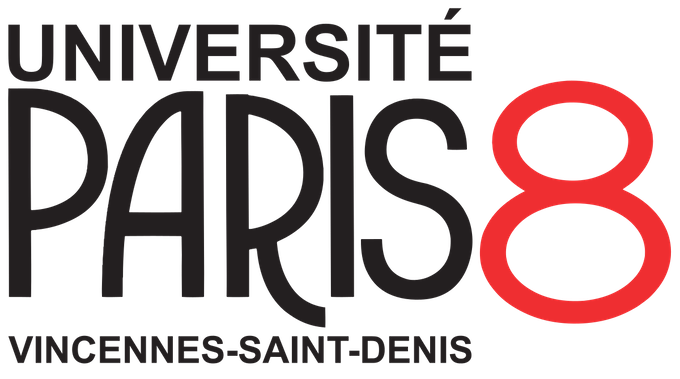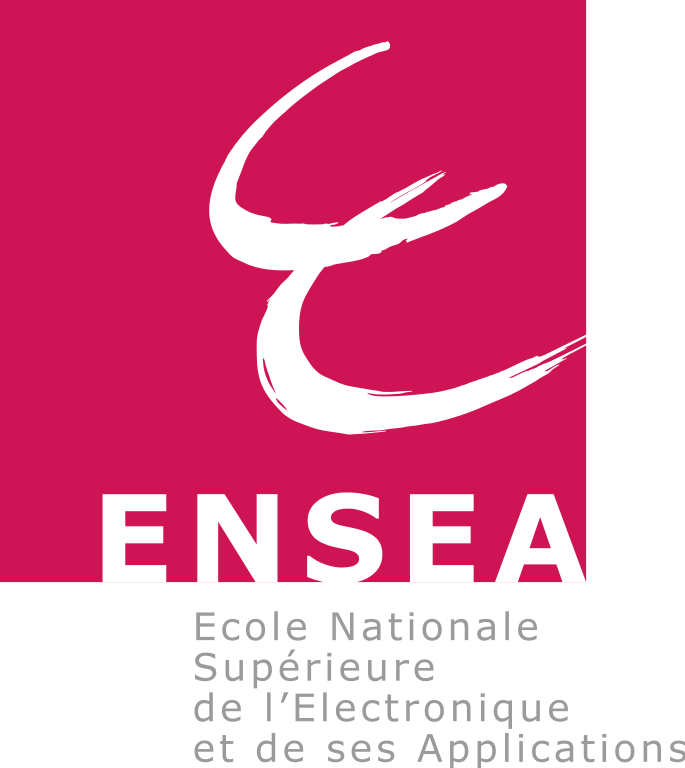Robust localization system for a navigation of a swarm of drones in environnements with a high density of obstacles
These topic SCHWEITZER Thibault and theses.fr
Abstract :
The navigation of a swarm of drones in certain obstacle-dense environments, such as parking lots or warehouses, presents numerous challenges (low light, fog, dust, ...). A drone swarm is capable of operating only if all drones are autonomous, and for this, each must be able to determine its position in space to move without the aid of a pilot. Indoors, satellite positioning being unavailable, it is necessary to develop a solution for positioning without GNSS sensors. This involves the development of cooperative SLAM (Simultaneous Localization And Mapping) algorithms. These algorithms merge information from multiple sensors (cameras, inertial sensors, UWB modules, ...) available on several drones. The objective of the thesis is to study the limitations of different sensors in various complex environments and then propose an intelligent and robust localization method to ensure the safe operation of the navigation system in the face of environmental complexity.
Supervison :
Under supervison of Associate Professor Moncef HAMMADI (ISAE-Supméca)



